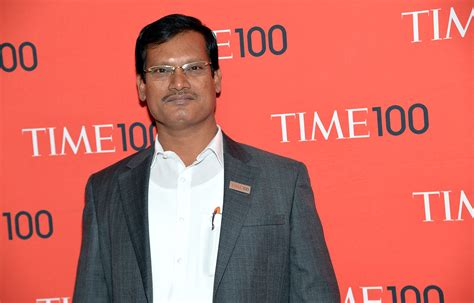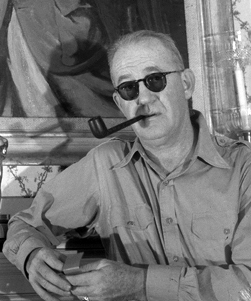A Quote by Santha Rama Rau
it is in the oral traditions of the villages that the arts of India are really alive. The brief Western immortality of museums is pointless to people who have seen eternity in their earth.
Related Quotes
At the beginning of the 20th century, there were less than 3 billion people on the earth, closer to 2 billion. By all measures that we can come up with right now,. with the lifestyle and consumption pattern of the Western industrial civilization, we can probably sustain about 2 billion people on this earth. We already have over 6 billion. China and India are aspiring to come on as industrial nations, aspiring to the lifestyle of the Western world, and it simply can't happen.
Through concentration we become one-pointed and through meditation we expand our consciousness into the Vast. But in contemplation we grow into the Vast itself. We have seen the Truth. We have felt the Truth. But the most important thing is to grow into the Truth and become totally one with the Truth. If we are concentrating on God, we may feel God right in front of us or besides us. When we are meditating, we are bound to feel Infinity, Eternity, Immortality within us. But when we are contemplating, we will see that we ourselves are Infinity, Eternity, Immortality.
The body is not important. It is made of dust; it is made of ashes. It is food for the worms. The winds and the waters dissolve it and scatter it to the four corners of the earth. In the end, what we care most for only lasts a brief lifetime, and then there is eternity. Time forever. Millions of worlds are born, evolve, and pass away into nebulous, unmeasured skies; and there is still eternity. Time always. The body becomes dust and trees and exploding fire, it becomes gaseous and disappears, and still there is eternity. Silent, unopposed, brooding, forever.






































